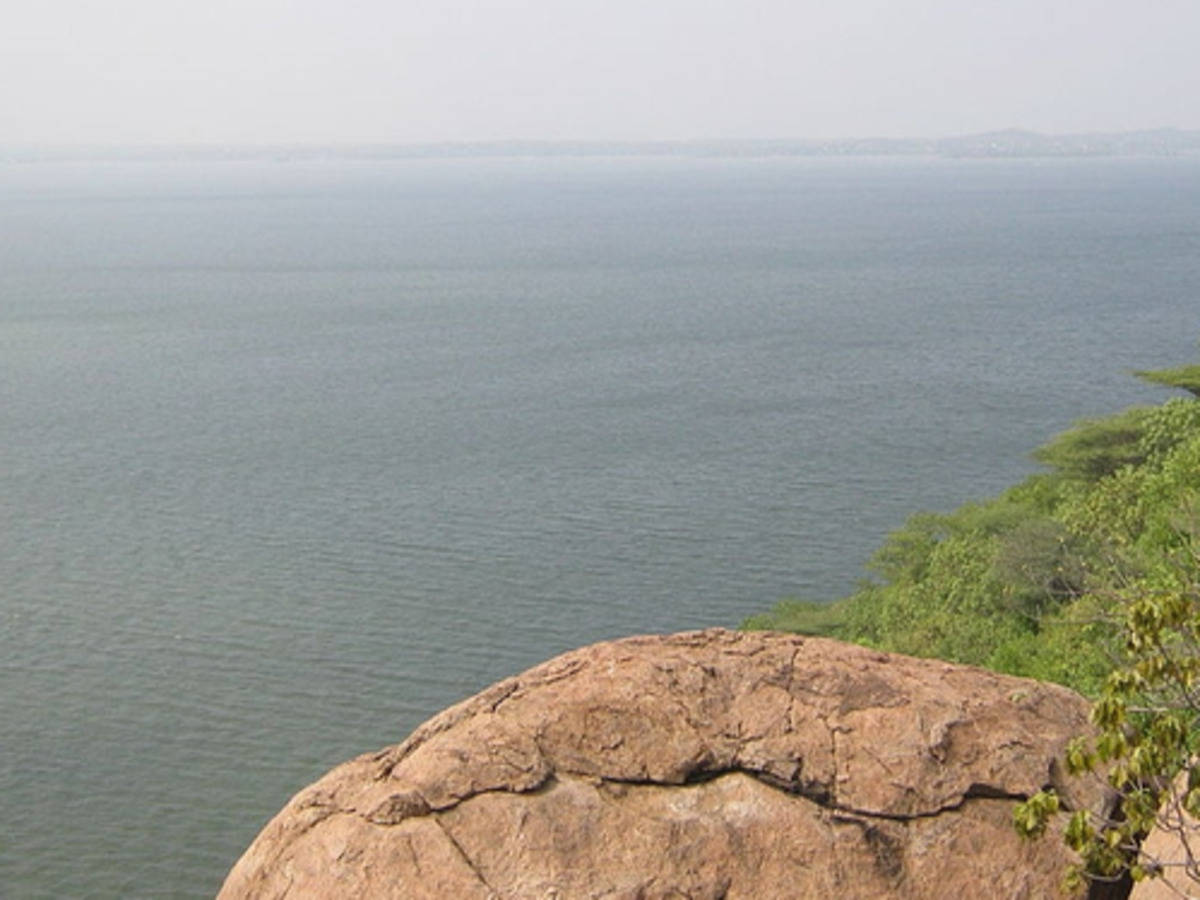
Bengaluru: Karnataka Unit of BJP will on Friday deliberate on the release of Cauvery water to Tamil Nadu by the Congress government.
The meeting slated to be held in Mandya city will be attended by all prominent party leaders from the Cauvery basin area.
It will be attended by the MLAs, MPs, MLCs and defeated candidates from Mandya, Ramnagar, Chamarajanagar, Hassan and Mysuru districts.
Independent MP from Mandya Sumalatha Ambareesh will also participate in the meeting, sources confirmed.
The meeting would discuss future course of action regarding the matter of release of water to Tamil Nadu and make a final decision against the release of Cauvery water to Tamil Nadu.
Farmers and political parties are already staging a protest in these districts condemning the state government’s decision to release water.
Congress government has come under attack from the Opposition parties for not registering protest or making an attempt to challenge the claims of Tamil Nadu regarding the release of water.
After coming under attack, DyCM D.K. Shivakumar maintained that the state had written a letter to the Cauvery
Water Disputes Tribunal (CWDT) to reconsider its decision to release 10,000 cusecs of water for 15 days.
Due to shortage of rainfall, the water storage in reservoirs in the state will suffice the drinking water requirements of the region especially Bengaluru.
Former chief minister H.D. Kumaraswamy had questioned the Congress government on the necessity to oblige the directions of the managing board in this regard when Tamil Nadu is asking water illegally.
“Following the Supreme Court order and decision of the Cauvery Water Disputes Committee (CWDC) is okay. With the shortage of water for our farmers, what is the necessity to oblige the direction of the management board?” Kumaraswamy had asked.
“Why is Tamil Nadu expanding their cultivation area? What is the allotment they have got for standing Kuruvai crop? Now what is the extent they are utilizing the water? Illegally Tamil Nadu is cultivating more than four lakh acres of land. Three-times more than the actual cultivation. For that, what is the necessity for us to provide water?” Kumarswamy asked.
“We have to fight strongly in the court,” he added.

